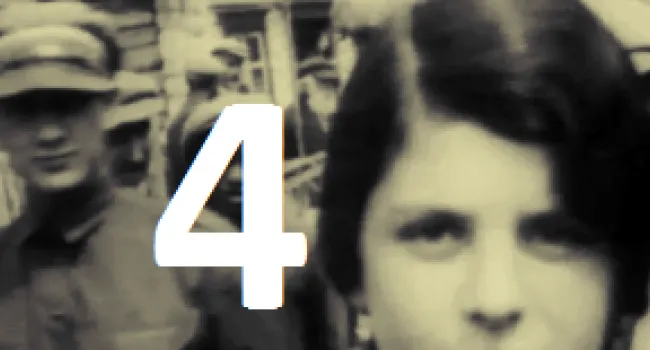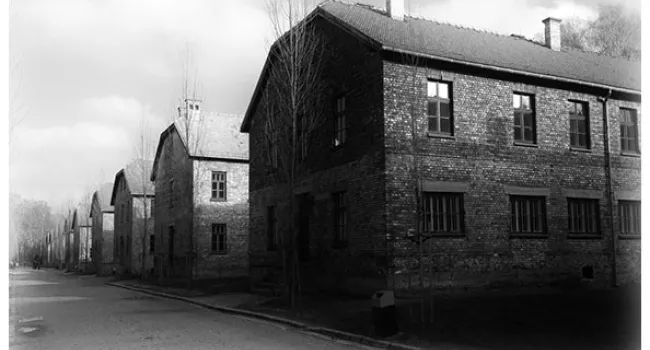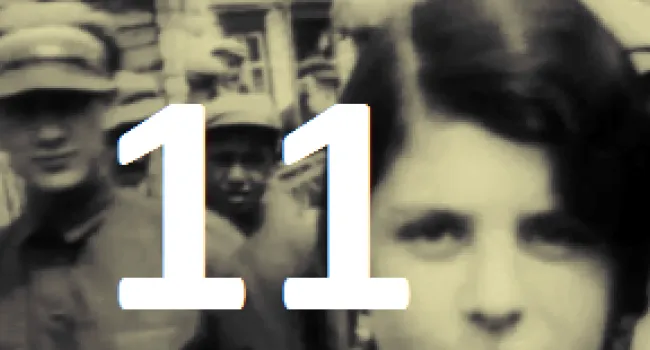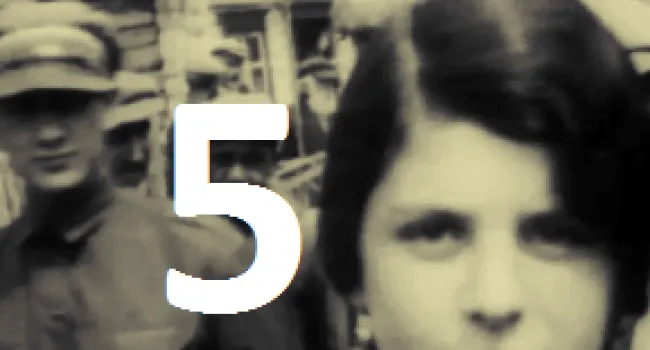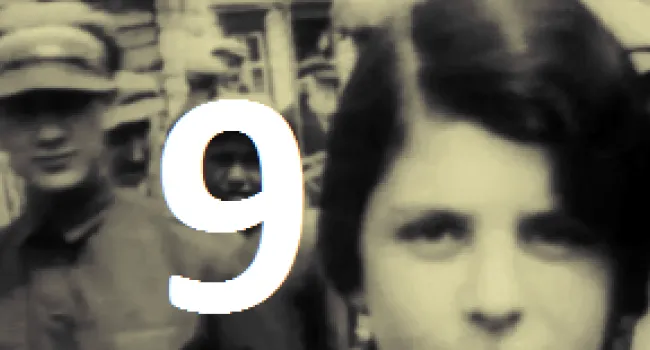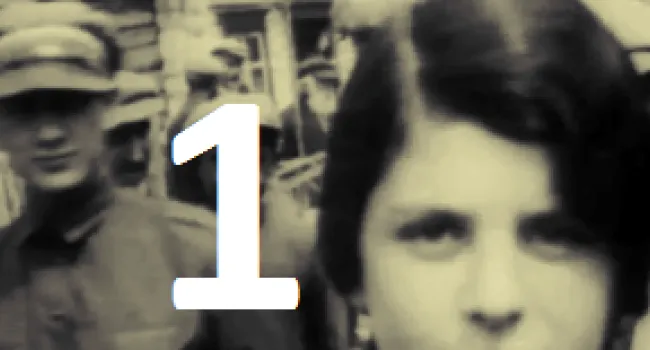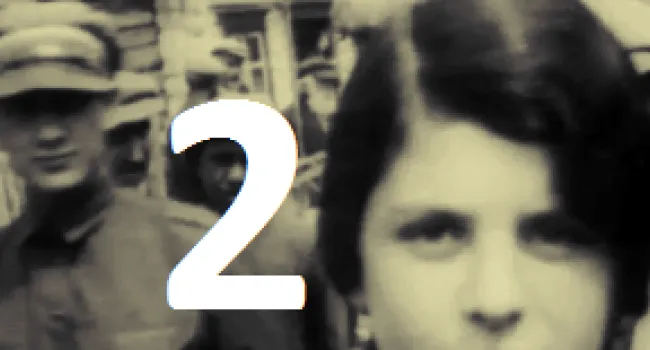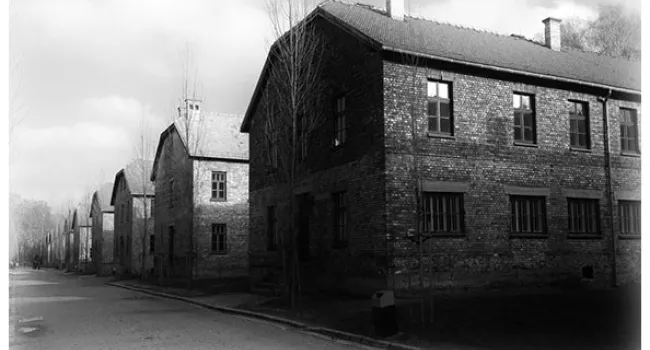Francine Taylor was born in Poland in 1928. Her family moved to France when she was two years old. They were living in Paris on June 14, 1940, when the French capital fell to the Germans. Suddenly the family found itself in Occupied France. Not long after that Francine's parents sent her out of Paris for the summer. She was still there when her father was arrested by the Nazis and sent to a concentration camp. A cousin called her from Paris to warn her that the Nazis were rounding up all the Jews in Paris. She could not return to Paris. Instead she was told to make her way across the border to Free France where her mother and sister would be waiting. Taking her bicycle and a small suitcase filled with summer clothes, she began a 1000-kilometer journey. In this passage, she describes the train ride that was a part of her flight.
Standards
- 5.3 Demonstrate an understanding of the economic, political, and social effects of World War II, the Holocaust, and their aftermath (i.e., 1930–1950) on the United States and South Carolina.
- 6.5.CE Explain the impact of nationalism on global conflicts and genocides in the 20th and 21st centuries.
- 8.5.CO Compare South Carolina and U.S. wartime contributions and demobilization after World War II.
- This indicator is intended to encourage inquiry into the significant causes of World War I and the impacts of the Treaty of Versailles, including its failure to prevent future global conflicts.
